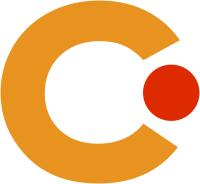From Clocks to Pendulums: A Study on the Influence of External Moving Objects on Time Perception in Virtual Environments
The 29th ACM Symposium on Virtual Reality Software and Technology (VRST), (2023)DOI: 10.1145/3611659.3615703
Abstract
This paper investigates the relationship between perceived object motion and the experience of time in virtual environments. We developed an application to measure how the motion properties of virtual objects and the degree of immersion and embodiment may affect the time experience. A first study (n = 145) was conducted remotely using an online video survey, while a second study (n = 60) was conducted under laboratory conditions in virtual reality (VR). Participants in both studies experienced seven different virtual objects in a randomized order and then answered questions about time experience. The VR study added an "embodiment" condition in which participants were either represented by a virtual full body or lacked any form of virtual body representation.
In both studies, time was judged to pass faster when viewing oscillating motion in immersive and non-immersive settings and independently of the presence or absence of a virtual body. This trend was strongest when virtual pendulums were displayed. Both studies also found a significant inverse correlation between the passage of time and boredom. Our results support the development of applications that manipulate the perception of time in virtual environments for therapeutic use, for instance, for disorders such as depression, autism, and schizophrenia. Disturbances in the perception of time are known to be associated with these disorders.

